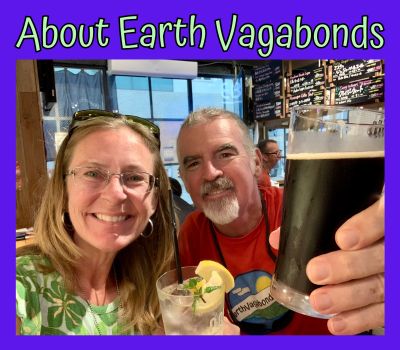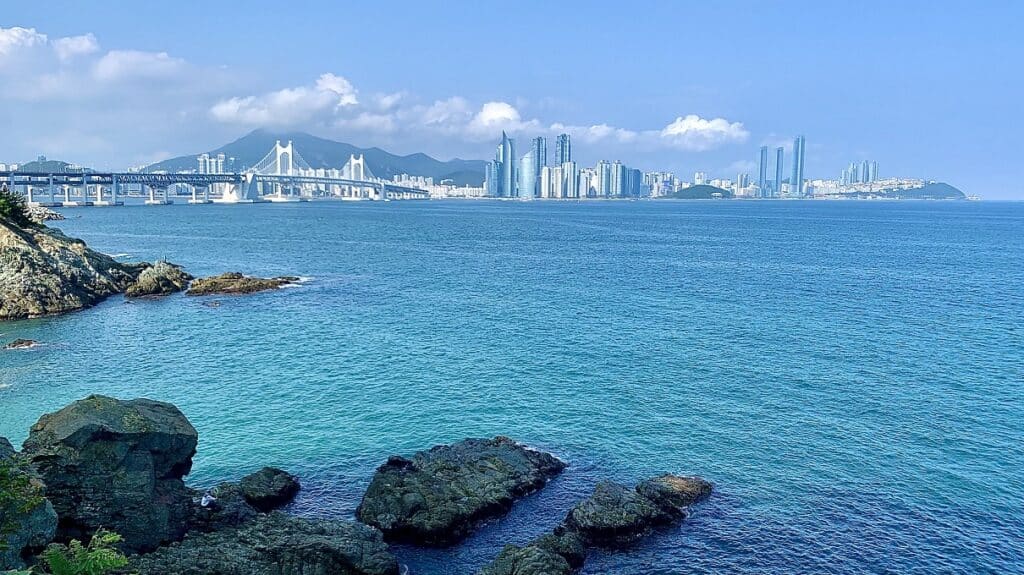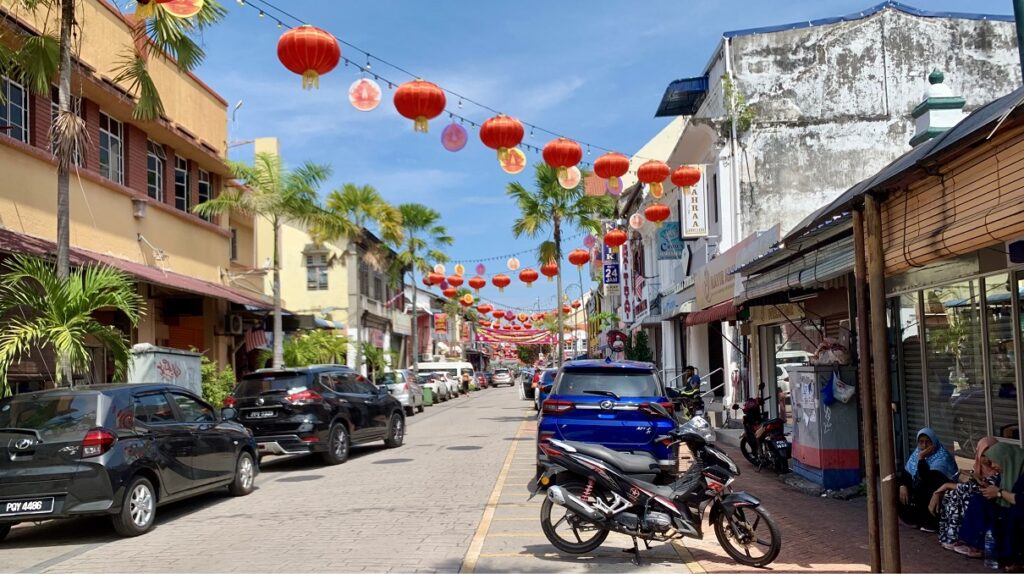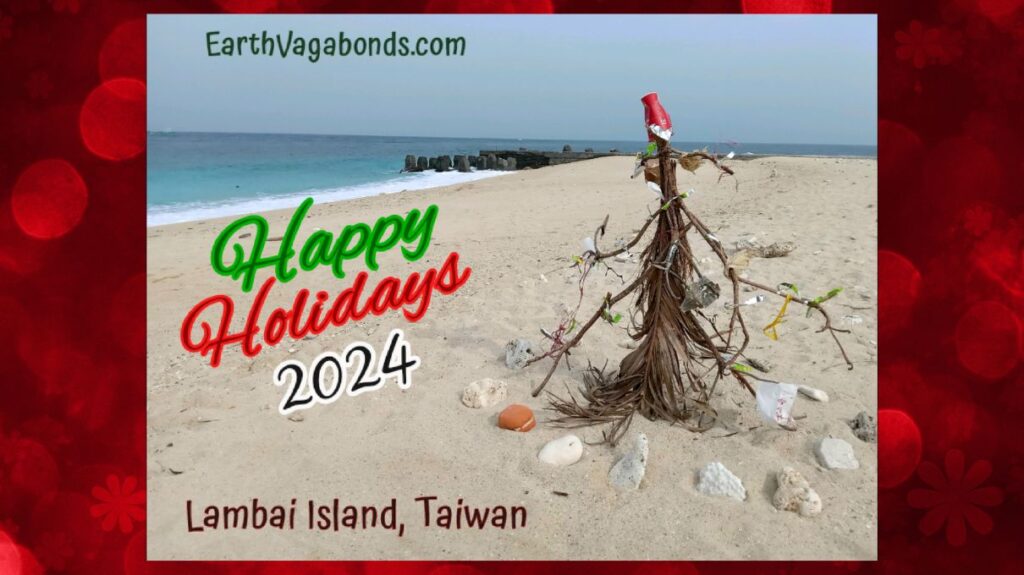Last Updated on November 11, 2024 by Ellen
Busan is a place where retirees and early retirees can easily enjoy a budget slow travel stop for a month.
It has an urban heartbeat in between fun beaches and peaceful mountains, and it doesn’t cost as much as other places.
7 Great reasons budget slow travelers should visit Busan
1 – Great mix of city life and nature
Busan is Korea’s second largest city. It has major festivals and events that attract many tourists, including a film festival every year in October. It also has museums, malls, theaters and cafes on every corner.
The city is between mountains and beaches. There are so many free things to do if you like to walk and hike and sightsee.
Many hiking trails are well kept. Some trails are paved, have rope rugs to prevent slippage, have gravel passages, and most have stairs and railings in tricky spots.
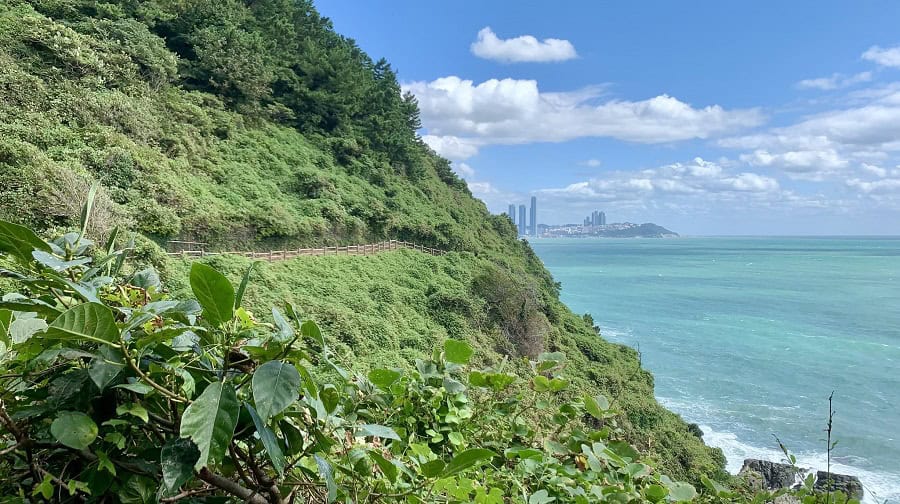
My personal favorite hikes are the Haeparang Coastal Trail and Baegyangsan Mountain trail to the summit. These might be challenging for retirees with mobility issues due to elevation gain, but the trails themselves are easy peasy.
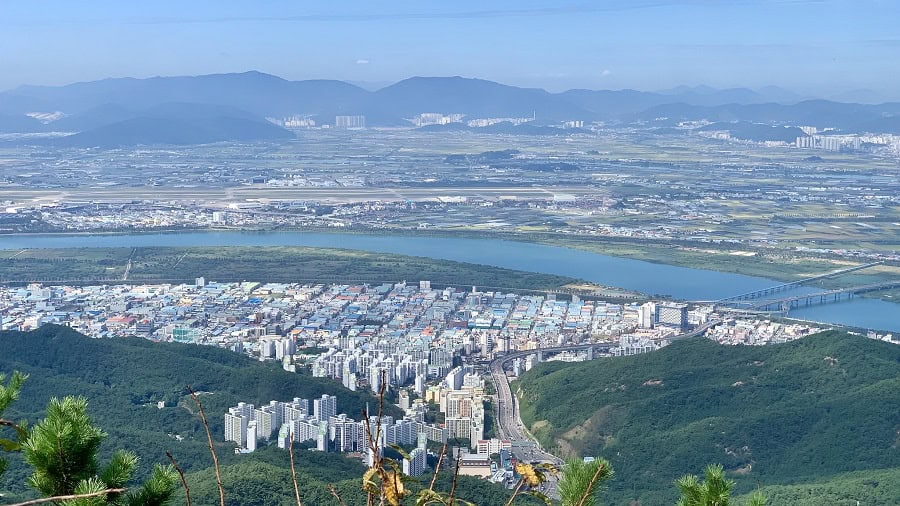
If you’re really physically challenged, you could simply take a monorail to one of the many observation decks behind the city, and skip the trails – you’ll still get great views.
2 – Robust public transportation system
Busan has a robust transportation system. Metro cards are sold in almost every metro station for 3,000 won ($2.30) and work on the subway and buses. The basic fare is the equivalent of $1.20 for one zone. Additional zones are not quite a dollar.
Transfers going in the same direction are free within 30 minutes of exiting your first leg. Be sure ‘tap out’ when you exit to start the the transfer clock.
The city is also entirely walkable.
See also: ‘Busan is everything’… almost
3 – Safe & friendly
It is a safe place. I never felt in danger while out and about alone.
The people are friendly. They are a bit less reserved than in Japan, but also shy to use conversational English.
Busan felt a little like an Asian version of America. The Republic of Korea is a democracy, and capitalism is on display with many small business owners; general Asian values of respect and restraint keep things from getting too wild.
4 – Decent budget option for a G20 nation
Korea is more expensive than developing nations. However, it’s less expensive than the USA or western and northern Europe. We spent a month in Busan for well under $3,000.
In fact, because of the housing deal spouse Theo snagged, we were closer to our usual $2,000 per month.
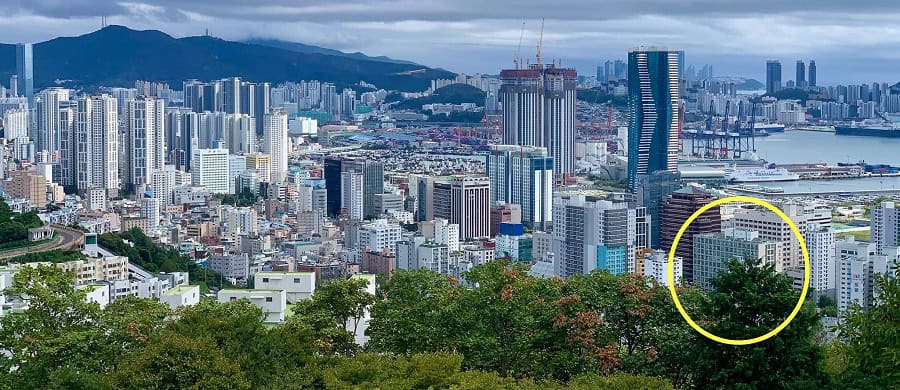
5 – Free Wi-Fi everywhere
Free public Wi-Fi is almost everywhere. And if you’re in an area without it, find a larger bus stop or metro stop because many of them do have it.
On the flip side, and not-so-great, traditional SIM cards are expensive in South Korea. There isn’t much competition, and so it would have cost us around $45 each for 15 gig for the month.
We decided we didn’t need cards thanks to the free public Wi-Fi. Most of the thousands of cafes in the city offer Wi-Fi, too.
6 – Beaches and fun coastal stuff
There are several public beaches with great walkways. In the summer, changing rooms and showers (some are coin operated) remind you you’re not in the Philippines or Indonesia any more.
Songdo Beach has a beautifully lit ocean walk at night. It also has the cable car that goes to a park with coastal trails.
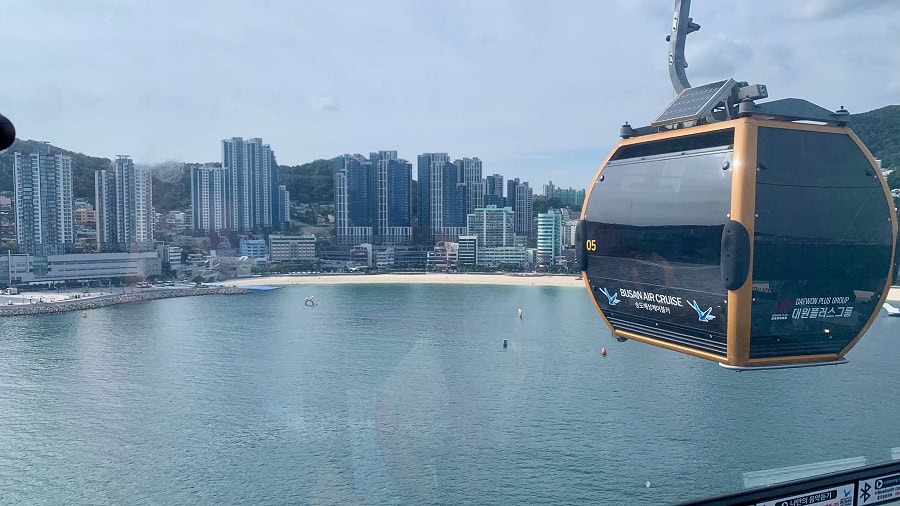
Haeunde Beach connects to the ‘Blueline Park’ that features unique single car tram rides, and also slow coastal trains.
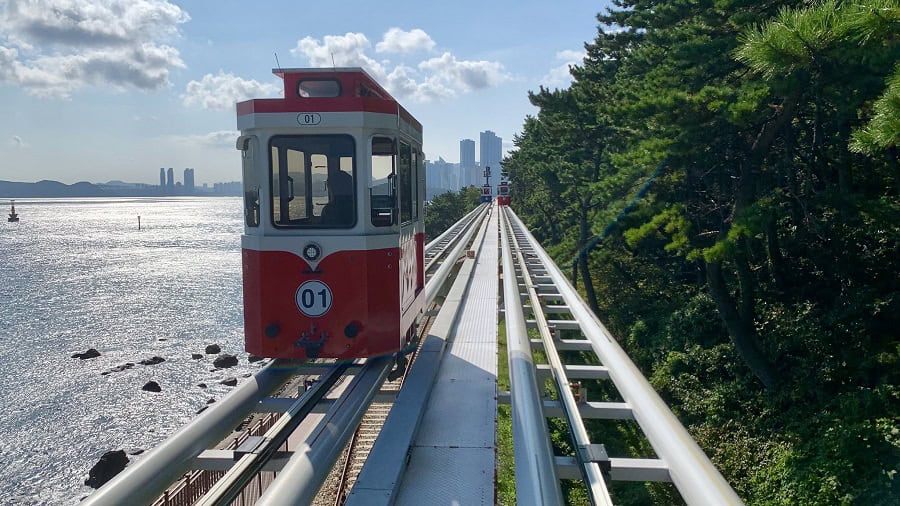
Gwangalli Beach has incredible year-round free Saturday night drone shows, weather permitting.
There are other beaches, too!
Don’t miss the new North Port Park on the water behind Busan Station near the terminal for the ferry from Japan. It took years to build – it’s huge and wonderfully designed with pedestrian bridges and walkways lit up at night.
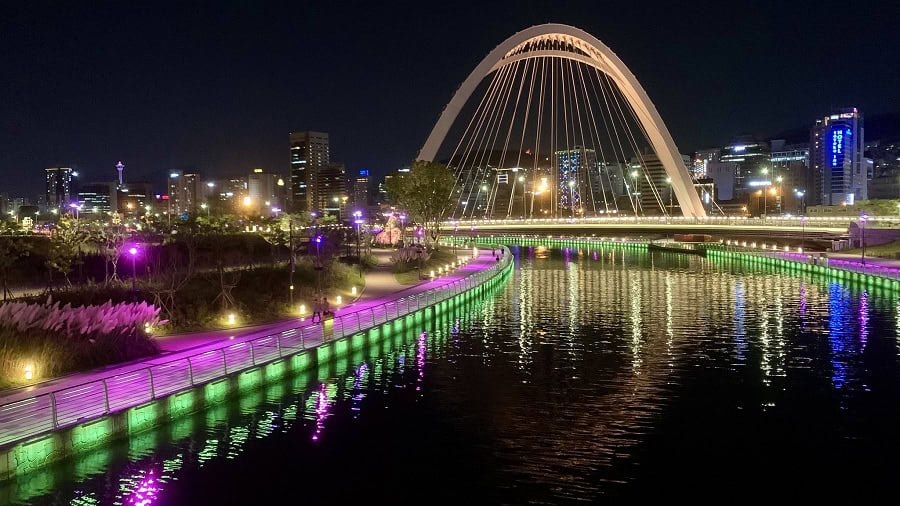
7 – Public restrooms
The city, parks and nature trails all have public restrooms. None are as fancy as in Japan, but they are clean and have toilet paper and soap, unlike developing nations.
I have listed this as a plus because as we retirees age, accessible bathrooms in good working order with western-style facilities become more important to many of us.
A few potential issues
There are some not-so-great things about Busan.
Sewage stink sometimes wafts into the air like it does in developing nations.
It’s challenging for a vegetarian. Vegan Mart is a small Busan grocery store with friendly workers and owners.
And of course, it’s not as cheap as developing nations.
Health care
During our stay there was an ongoing strike that caused an emergency room doctor shortage. Sadly, the situation was deadly for locals in accidents who couldn’t get trauma care. Thankfully, we didn’t need an emergency room during our visit.
This did not affect our regular health care needs. Theo saw an otolaryngologist (ENT) twice in Busan without appointments. Each consultation cost only $10. His total prescription bill was $85. The doctor spoke basic English, so questions and answers were a tad challenging.
Are you ready to visit?
I haven’t even gotten to tell you about the unique Buddhist temples, the United Nations War and Korean War memorials, and quaint ‘cultural villages’. These are also interesting places to visit that cost little to nothing.
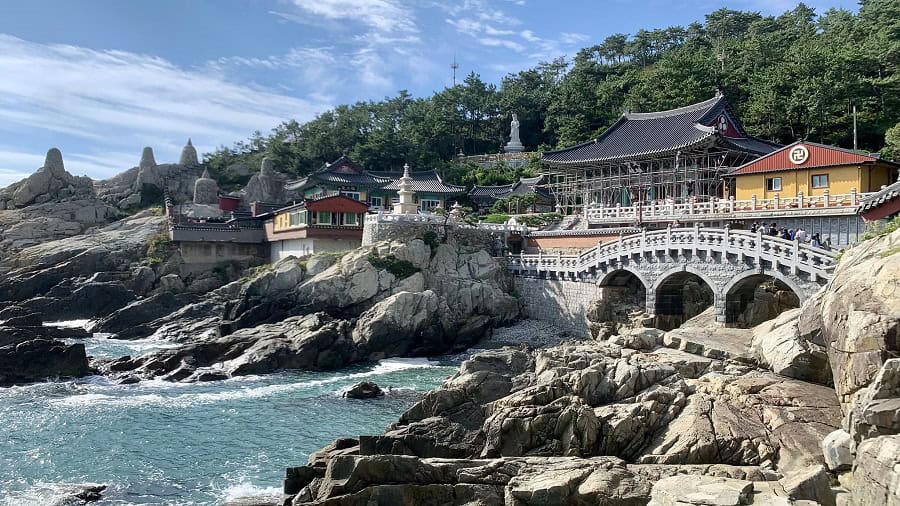
Wherever you go around sprawling Busan, I’m willing to bet you’ll love it.
Life is Now.
Thanks for reading, “7 Great reasons budget slow travelers should visit Busan, South Korea.”
vagabond
Vagabond: (n) A person who wanders from place to place without a home or job. (adj) Having no settled home.
slow travel
Long-term stays; use buses and trains with infrequent flights; the faster you go the less you see.
early retirement
Recent posts
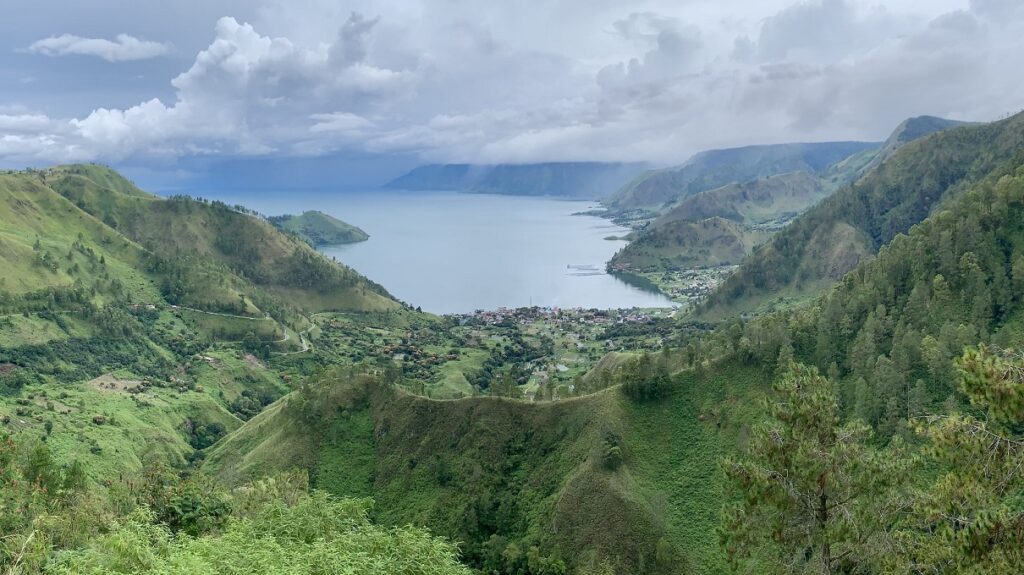
Escape from reality: 5 Breathtaking views on a budget in Sumatra
Ellen
Extraordinary two-day orangutan trek in Sumatra
Ellen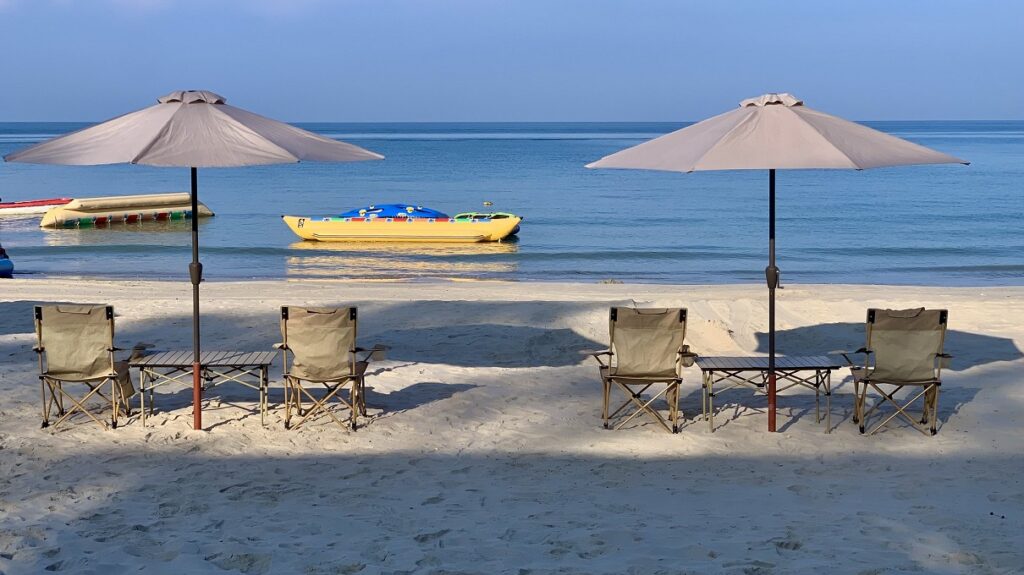
Port Dickson is quiet and peaceful for budget slow travelers
Ellen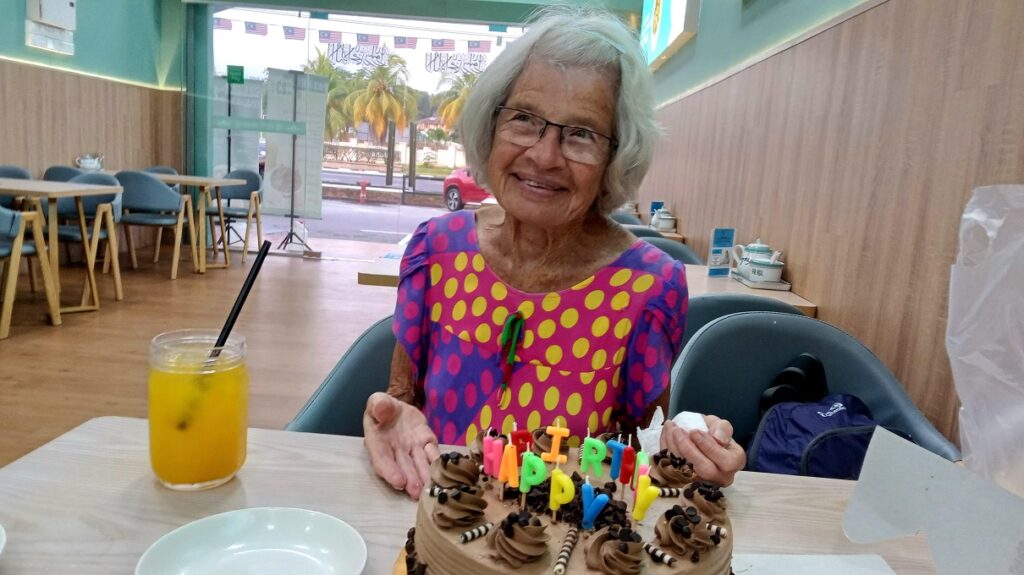
“Happy Birthday, Mom!”
Theo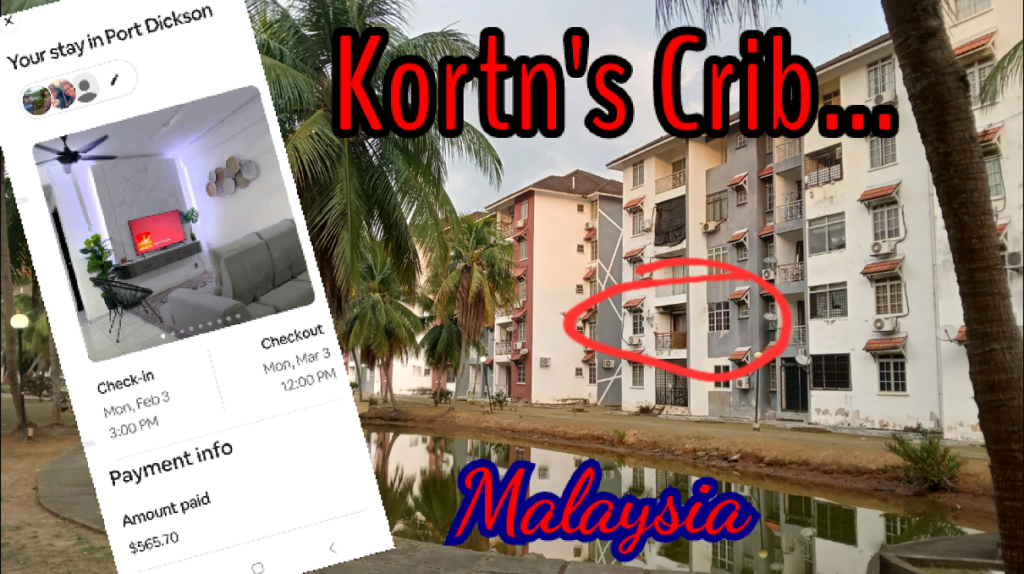
Kortn’s Crib: Video tour of our Airbnb in Port Dickson, Malaysia
Theo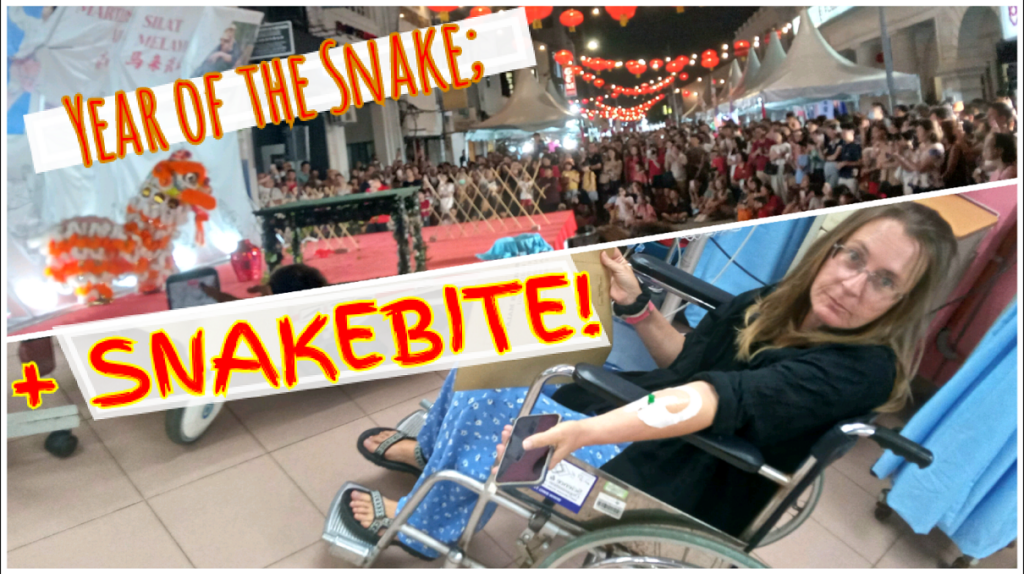
2025 – Year of the Snake bite
Theo
Affordable grocery prices in East Asia
Theo
Mom meets us in Malaysia
Theo
Commentary: Yellow Journalism & Global North denial
Ellen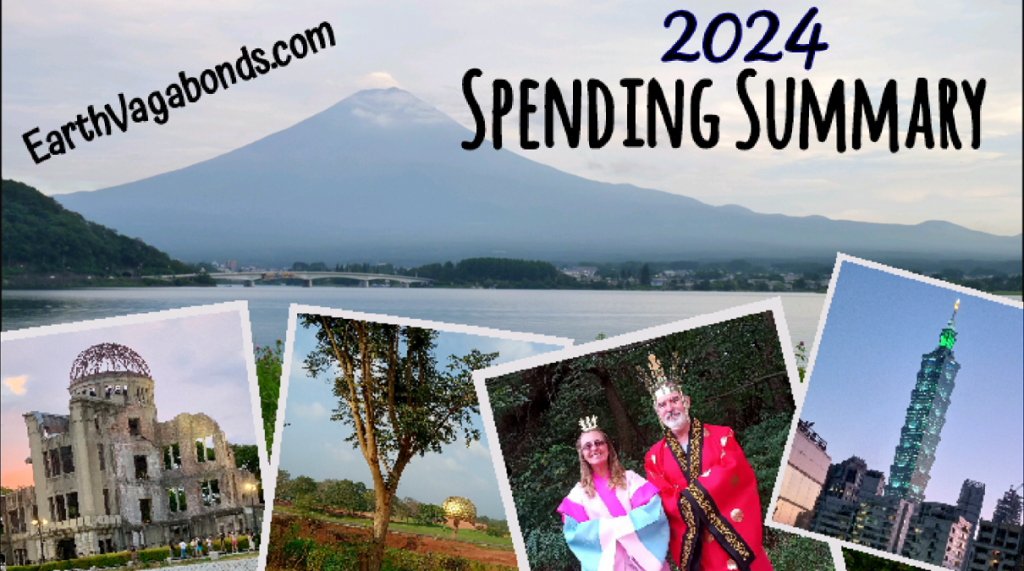
2024 Total expenses for budget slow travel around the world
Theo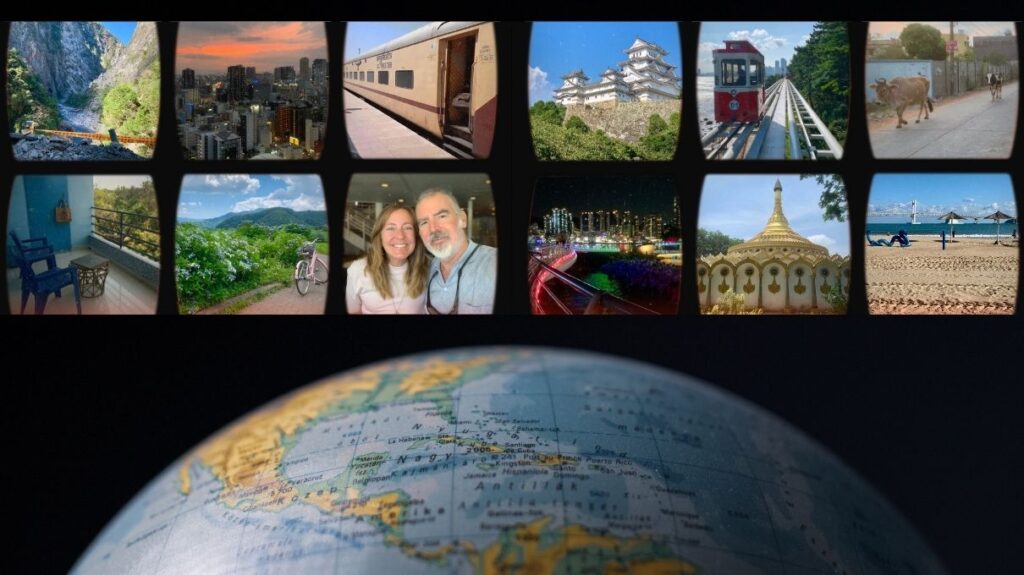
Budget slow travel for under $2,500 a month in 2025
Ellen